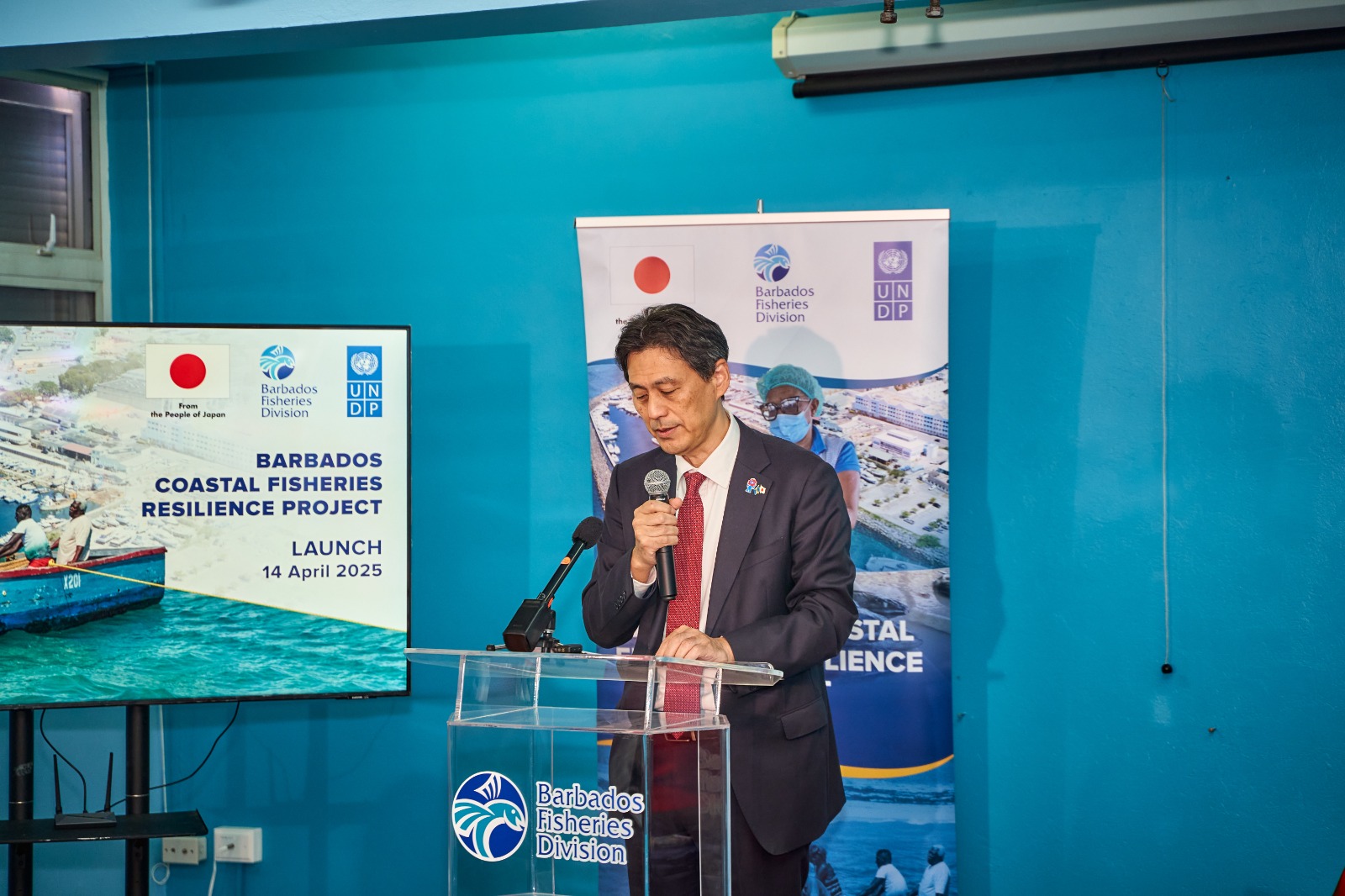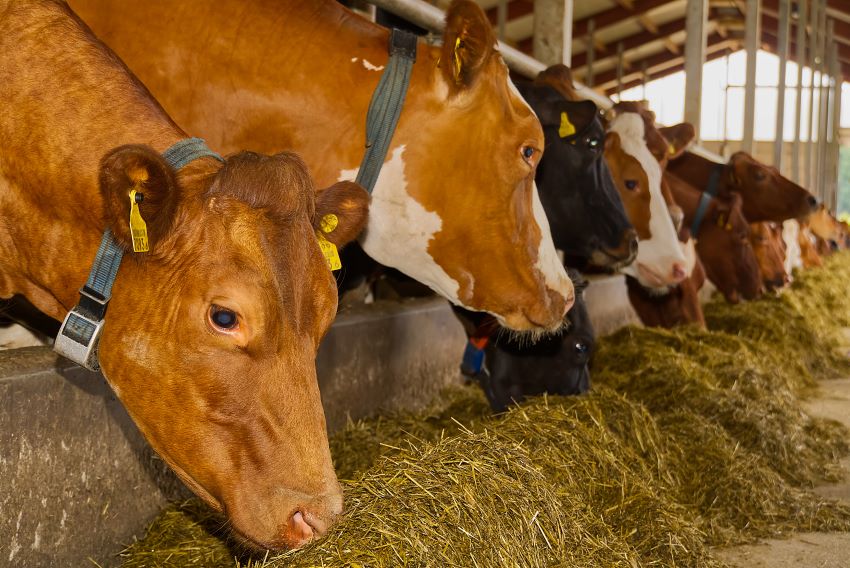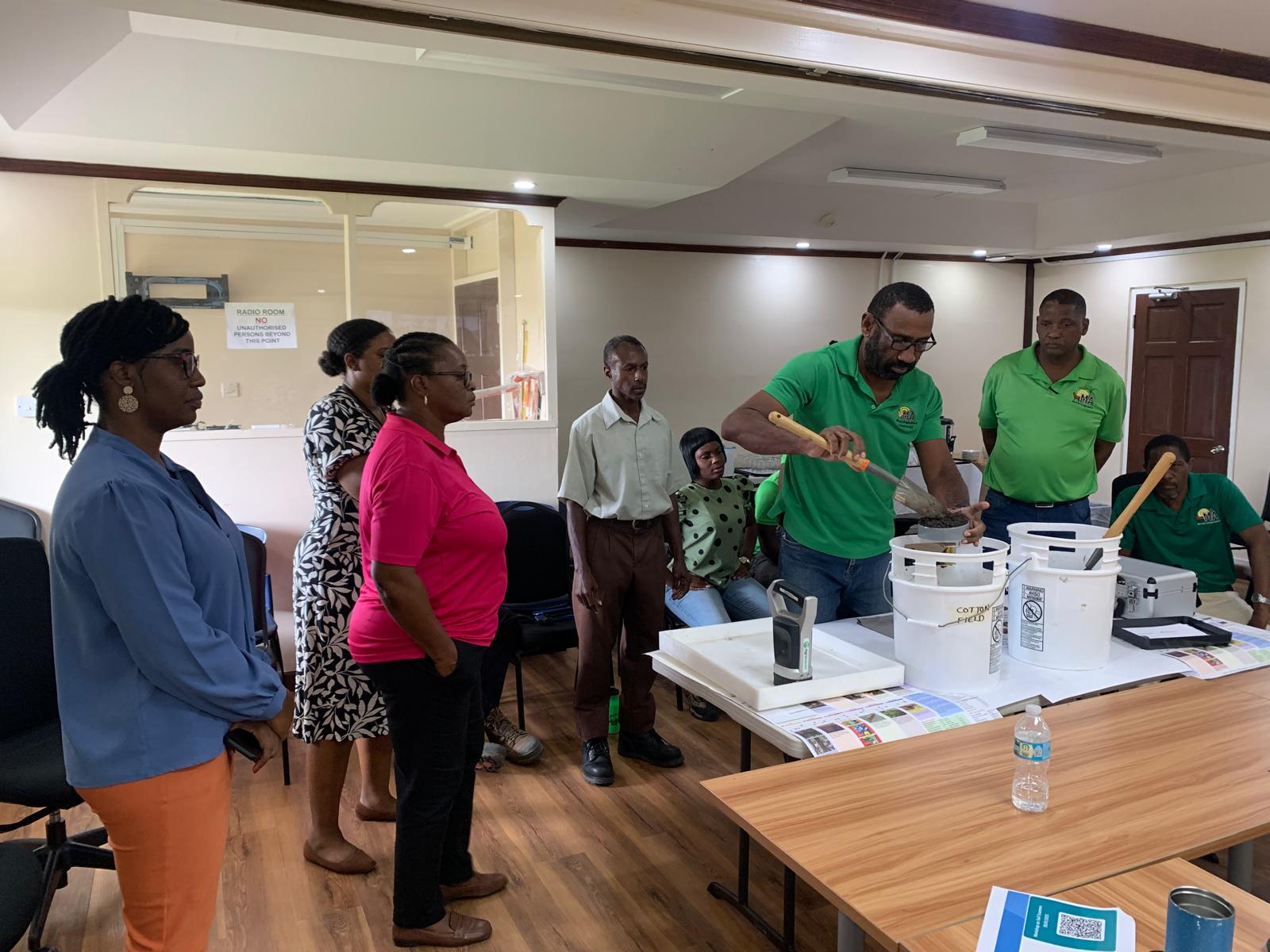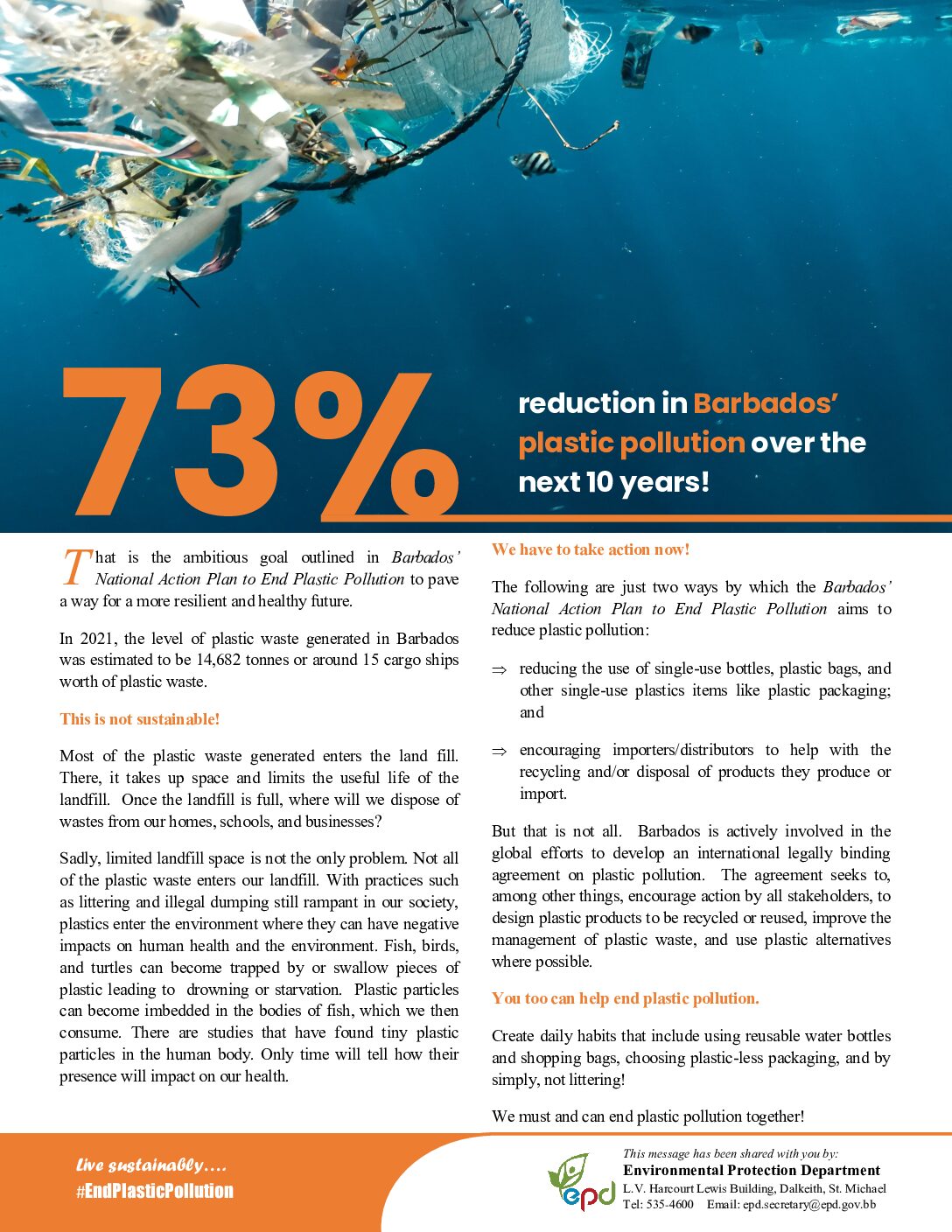The Western Central Atlantic Fishery Commission and The International Commission for the Conservation of Atlantic Tunas outline a plan in signed cooperative framework.
Across the globe, World Tuna Day was celebrated on May 2, 2024, bringing issues to light about the importance of tuna conservation. In observing the trend of landings over the past three years, Jeremie Mendoza, FAO’s Fisheries Specialist highlighted that overall, there is a slight increase in landings in WECAFC from 2021 to 2022 in the order of 50,000 tons mainly due to small pelagic, which represent around 46% of total landings. Tunas, bonitos, and billfishes show a significant reduction of around 20,000 tons from 2021 to 2022. The overwhelming demand for tuna due to its economic and health benefits makes it necessary to improve regional collaboration and governance.
Consequently, the recent Exchange of Letters between the Western Central Atlantic Fishery Commission (WECAFC) and the International Commission for the Conservation of Atlantic Tunas (ICCAT) centers on five crucial aspects of enhancing fisheries management. These include organizing and taking part in working groups that are pertinent to both organizations, cooperating in the creation of regional and fishery management plans, enhancing data collection and accessibility for use in fisheries management and stock status determinations, organizing joint activities, such as research and capacity building projects, and aligning perspectives regarding cooperation and coordination with pertinent international processes and agreements. The Illegal, Unreported and Unregulated (IUU) which is a challenge for fishers in the Caribbean will also be addressed along with training activities and workshops.
During the 19th Session of WECAFC held in Barbados from September 6 – 8 2023, the agreement was tabled marking the end of four years of intense negotiations between the ICCAT and WECAFC. During his recent mission to Barbados in March 2024, Mr. Manuel Barange, FAO Assistant Director-General & Director Fisheries and Aquaculture Division and Yvette Diei Ouadi, FAO Sub-regional Fishery and Aquaculture Officer and Secretary of WECAFC signed the agreement.
The move underlines the importance of conservation management to ensure that systems are in place to prevent tuna stocks from depleting. Many countries depend heavily on tuna resources for food security and nutrition, economic development, employment, government revenue, livelihoods, culture, and recreation. To this end, the United States of America (USA) contributed more than $100,000 to support for collaborative work of WECAFC and ICCAT on capacity building efforts throughout the wider Caribbean.
“Encouraging results have been observed from the efforts of tuna RFMOs, which are utilizing management strategy evaluations to restore stocks to sustainable levels”, said Manuel Barange, FAO Assistant Director-General and Director of the Fisheries and Aquaculture Division. “Scaling up these results is crucial, not only to foster sustainable resource utilization within ecosystem boundaries, but also for safeguarding the livelihoods of communities reliant on these resources”.
In speaking about the importance of the agreement, Ms Zakia DRIOUICH, First Vice-Chair of ICCAT stated, “Thanking WECAFC for its commitment, ICCAT welcomes the conclusion of a formal framework through the exchange of letters between our two organizations, contributing to the strengthening of mutually beneficial cooperation with a view to achieving our respective objectives. We are convinced that its implementation will contribute to better management of our common challenges”.
Ms Yvette Diei Ouadi, FAO Caribbean Sub-regional Fishery and Aquaculture Officer and Secretary of WECAFC expressed immense pleasure for reaching this landmark. She acknowledged and praised the coordinated efforts of Mr Camille Jean Pierre Manel, Executive Secretary of ICCAT. “Manel and I engaged in dialogue since 2019 following the recommendation of the Commission. We are steadily preparing to shape the priorities drawing from the 5 key actions of the Agreement for immediate implementation. This includes ensuring an enhanced reporting of WECAFC members to ICCAT on the species at focus. The extent of existing threats to marine biodiversity and marine living resources to be countered and emerging issues, command to be proactive in fostering improved governance and promoting commonalities, which is secured through this cooperative framework”. (PR)
Caption: Mr. Manuel Barange, FAO Assistant Director-General & Director Fisheries and Aquaculture Division and Yvette Diei Ouadi, FAO Sub-regional Fishery and Aquaculture Officer and Secretary of WECAFC with the signed the agreements in 3 languages.


 Local1 week ago
Local1 week ago
 International3 weeks ago
International3 weeks ago
 Tourism2 weeks ago
Tourism2 weeks ago
 Business3 weeks ago
Business3 weeks ago
 Government2 weeks ago
Government2 weeks ago
 Sports1 week ago
Sports1 week ago
 Local3 weeks ago
Local3 weeks ago
 International3 weeks ago
International3 weeks ago
























